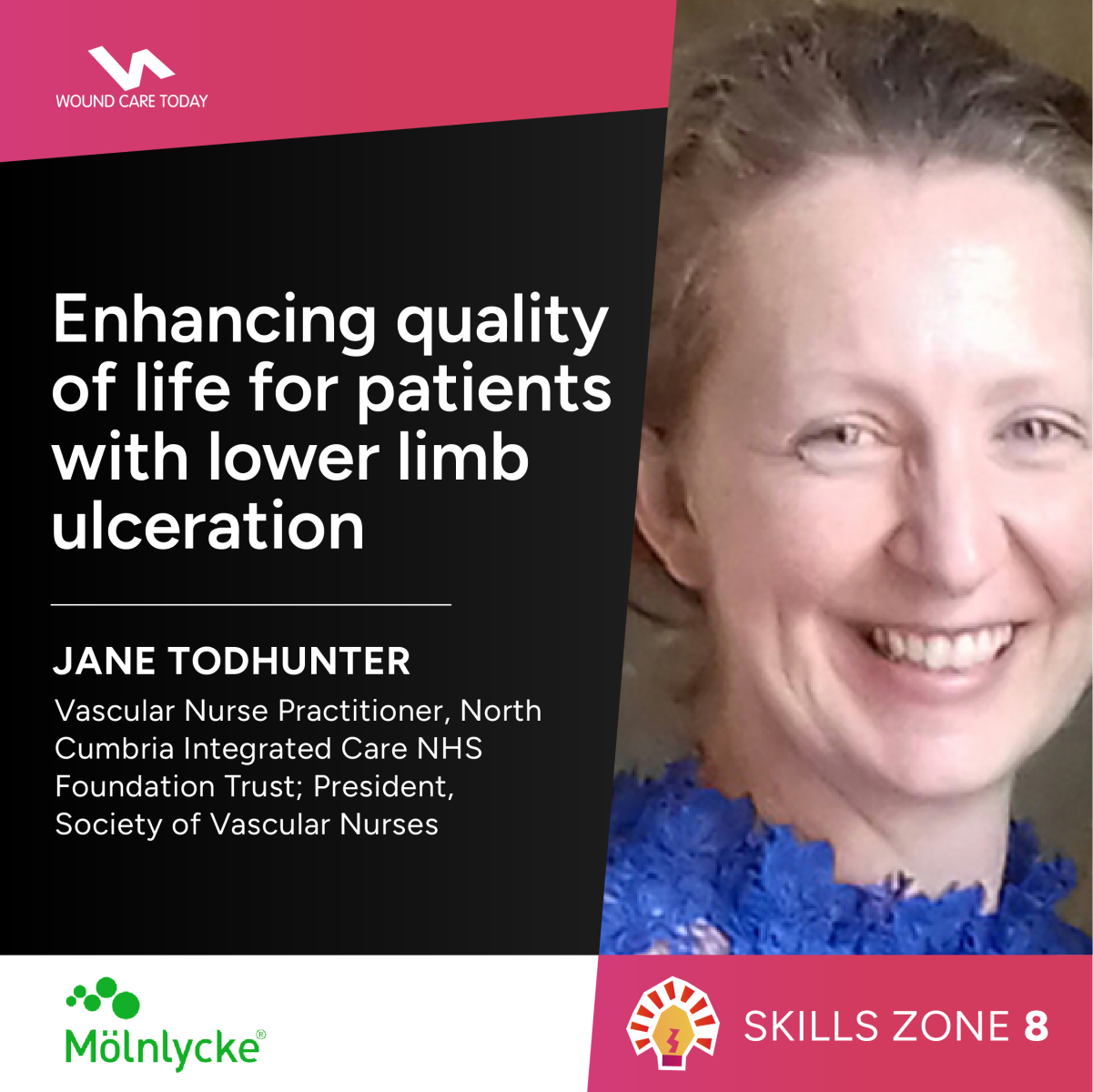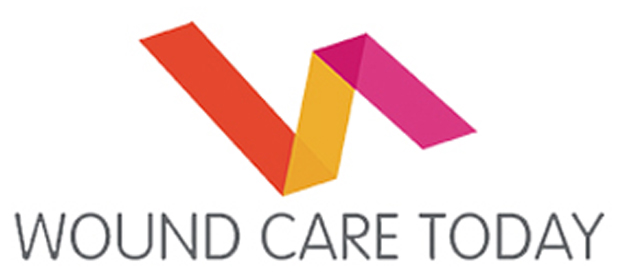Skills Zone 3 – Mediq
This skills session explores the challenges of difficult-to-dress wounds, focusing on patient, environmental, and anatomical factors. Attendees will learn how to choose appropriate products based on individual patient needs. The session will cover practical techniques for dressing wounds in challenging locations, considering issues like body movement, moisture, and skin condition. Through interactive discussion and demonstrations, delegates will gain insights into improving wound care and enhancing patient outcomes through a comprehensive, personalised approach to wound management.
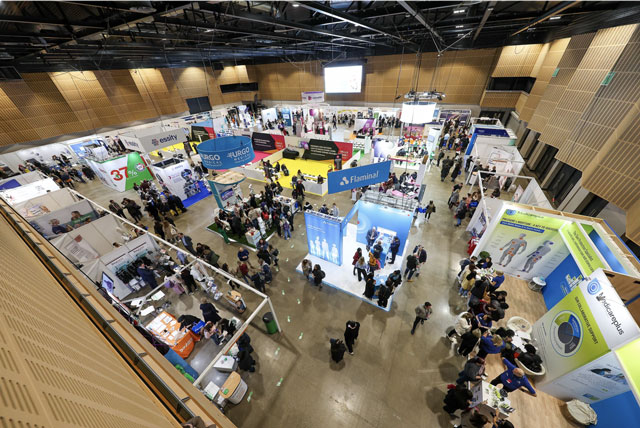
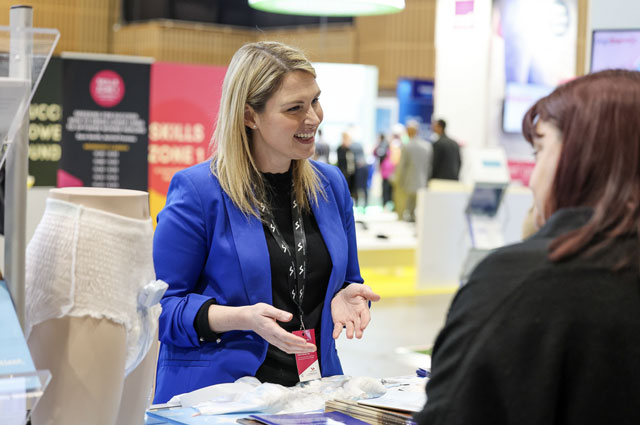
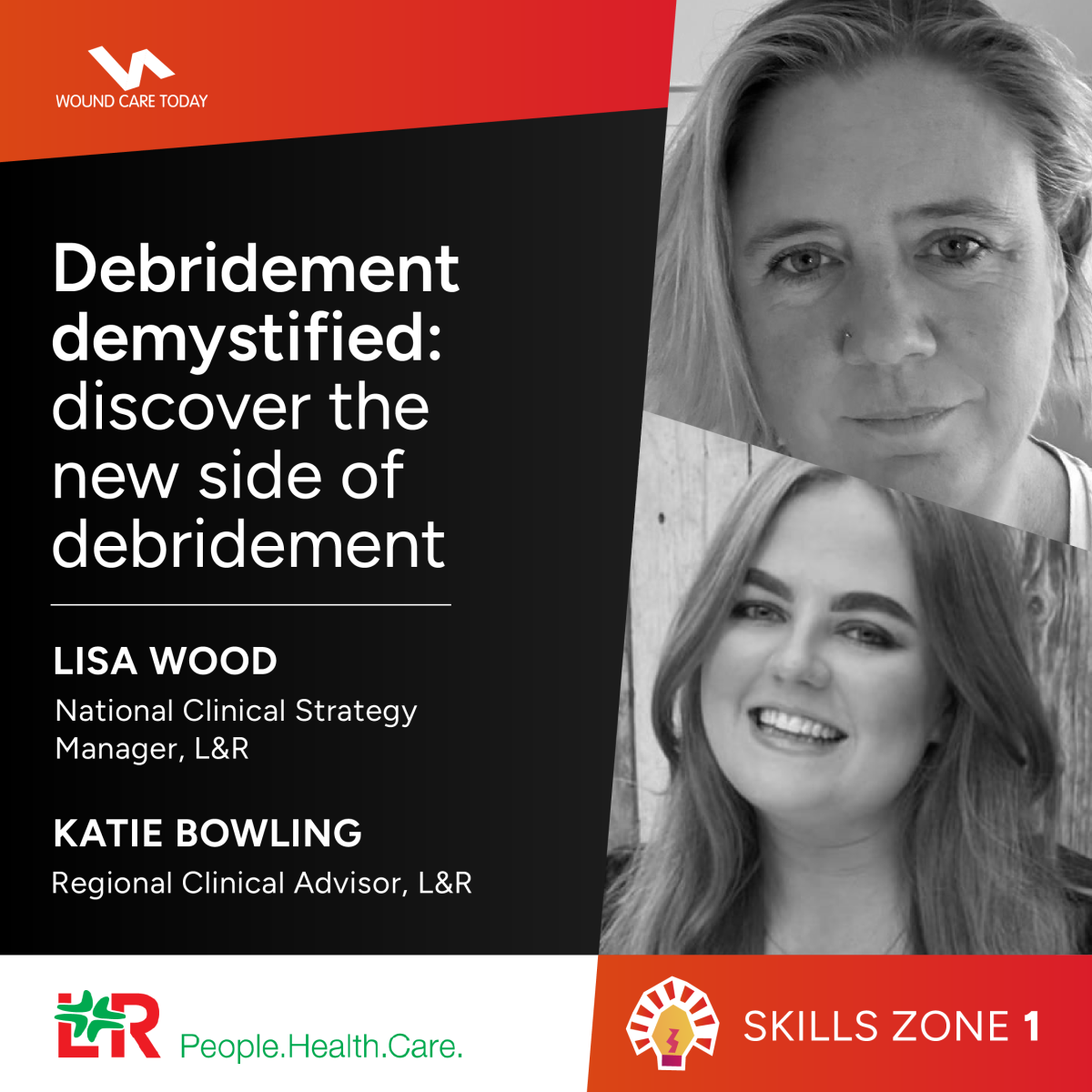
.jpg)
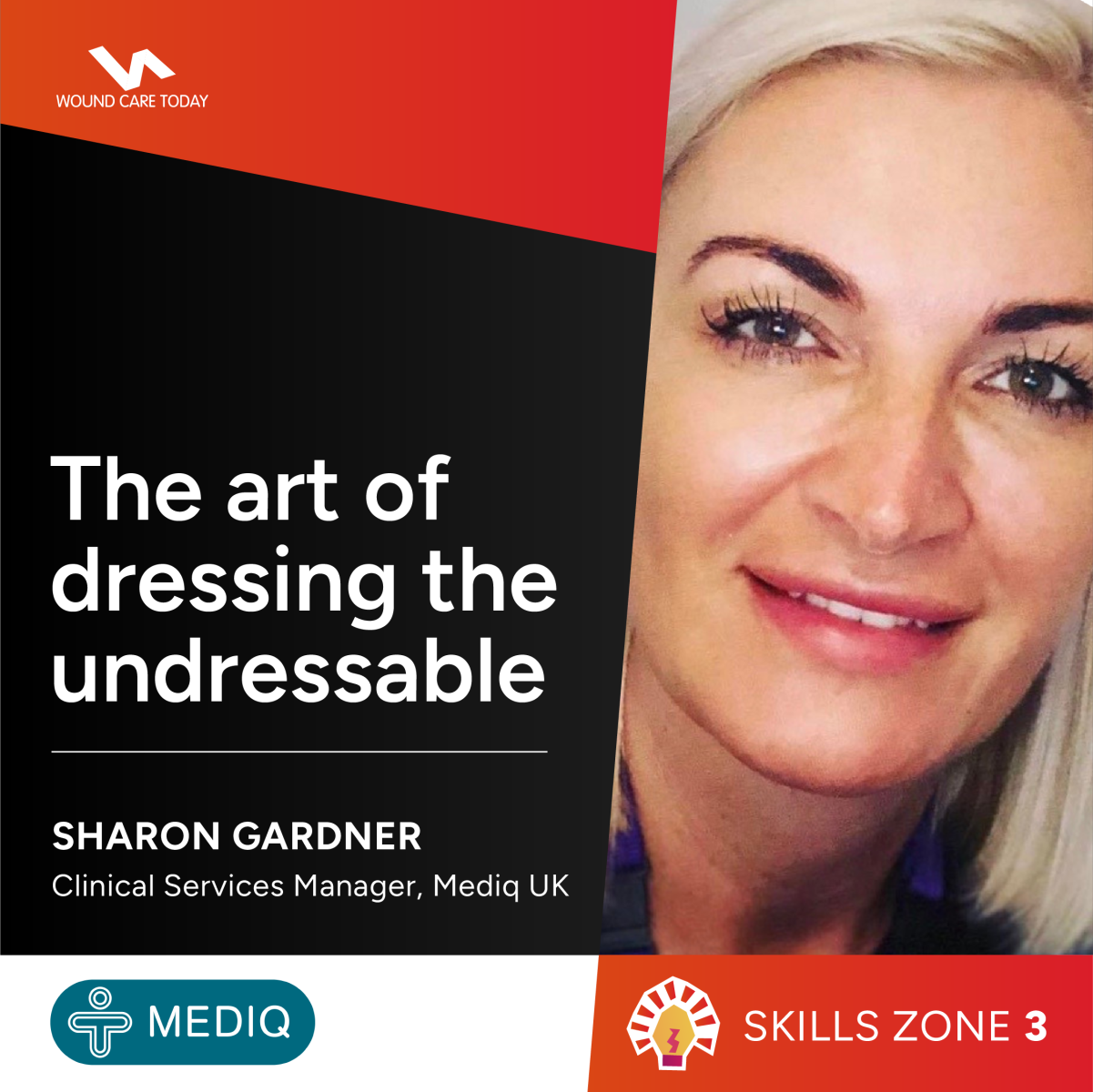
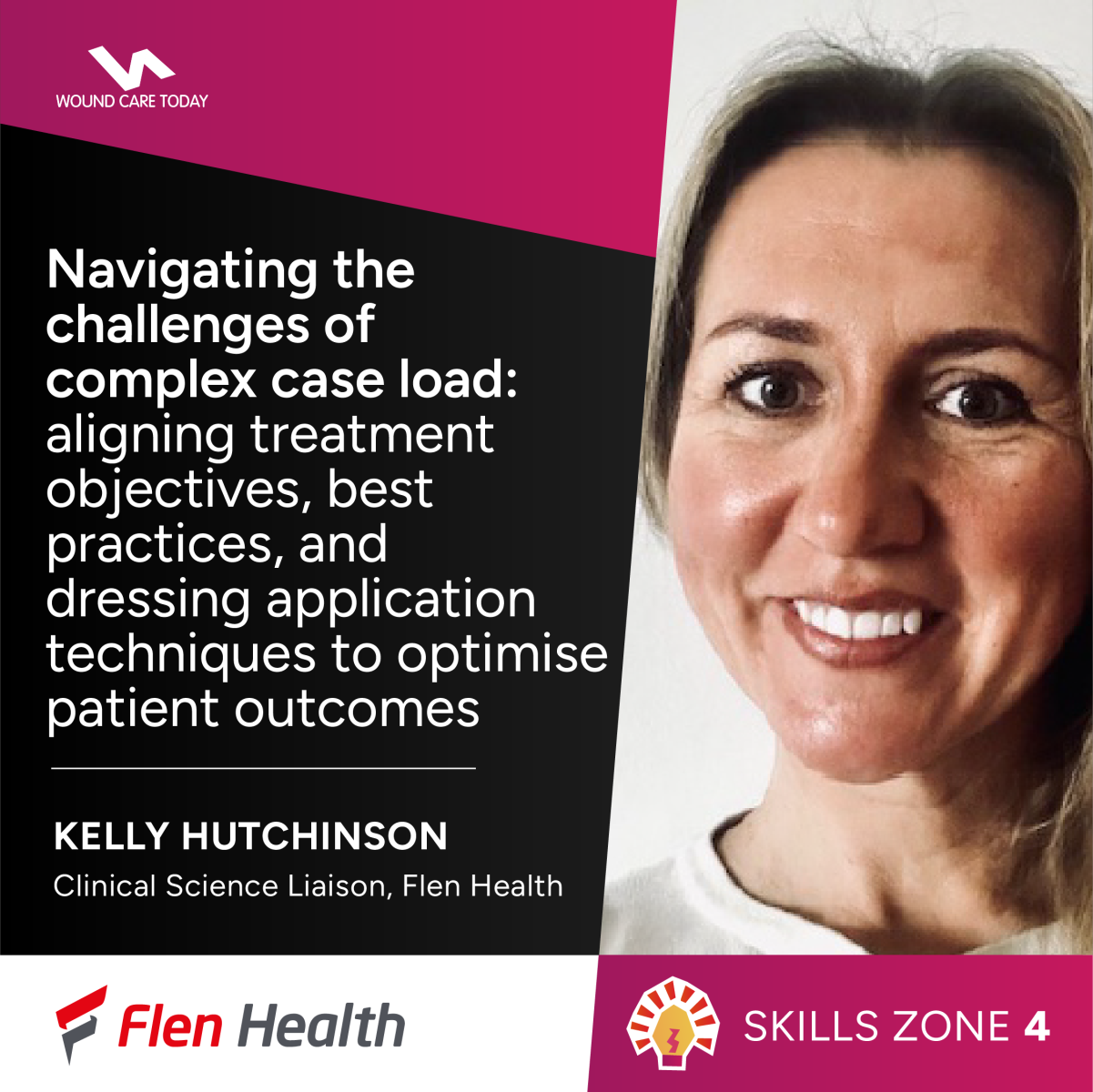
.png)
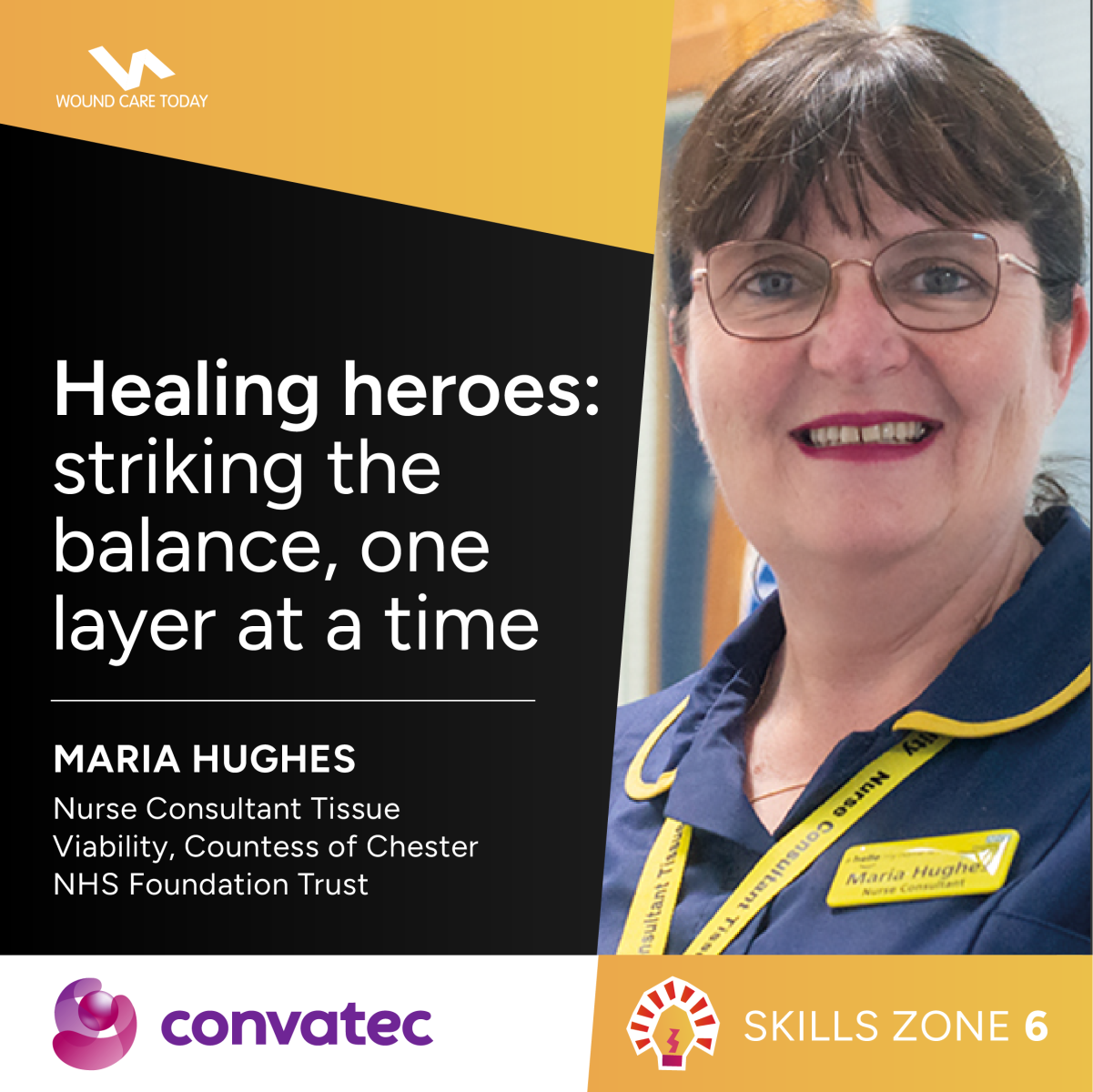
.png)
